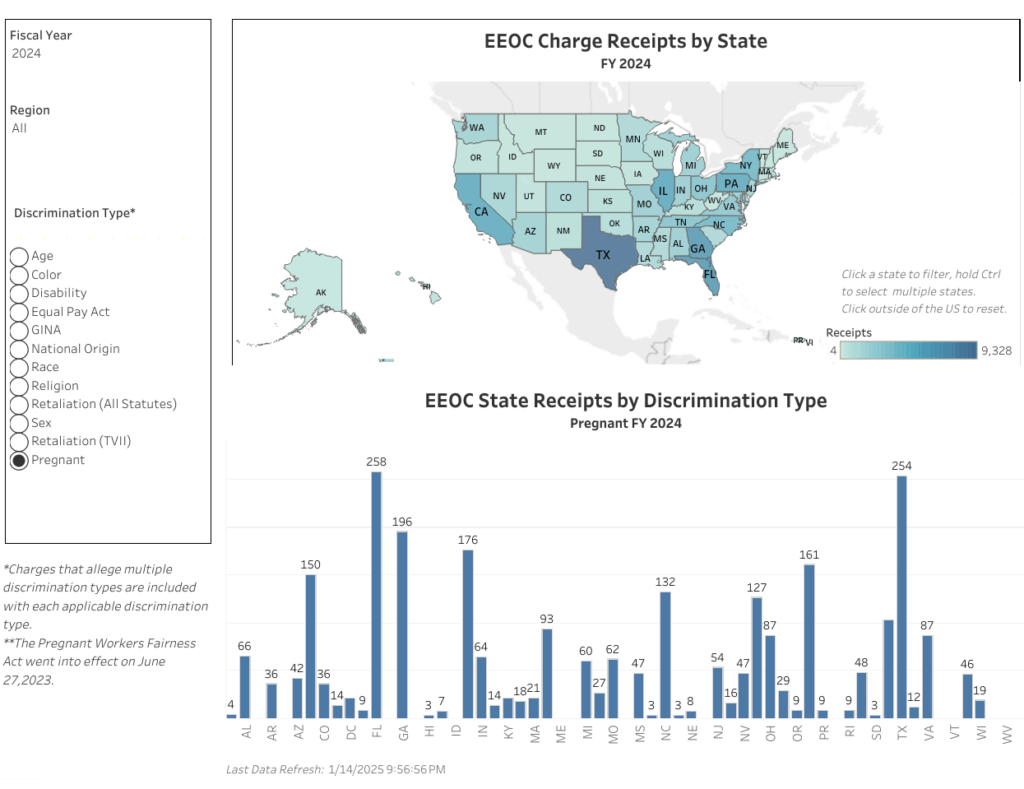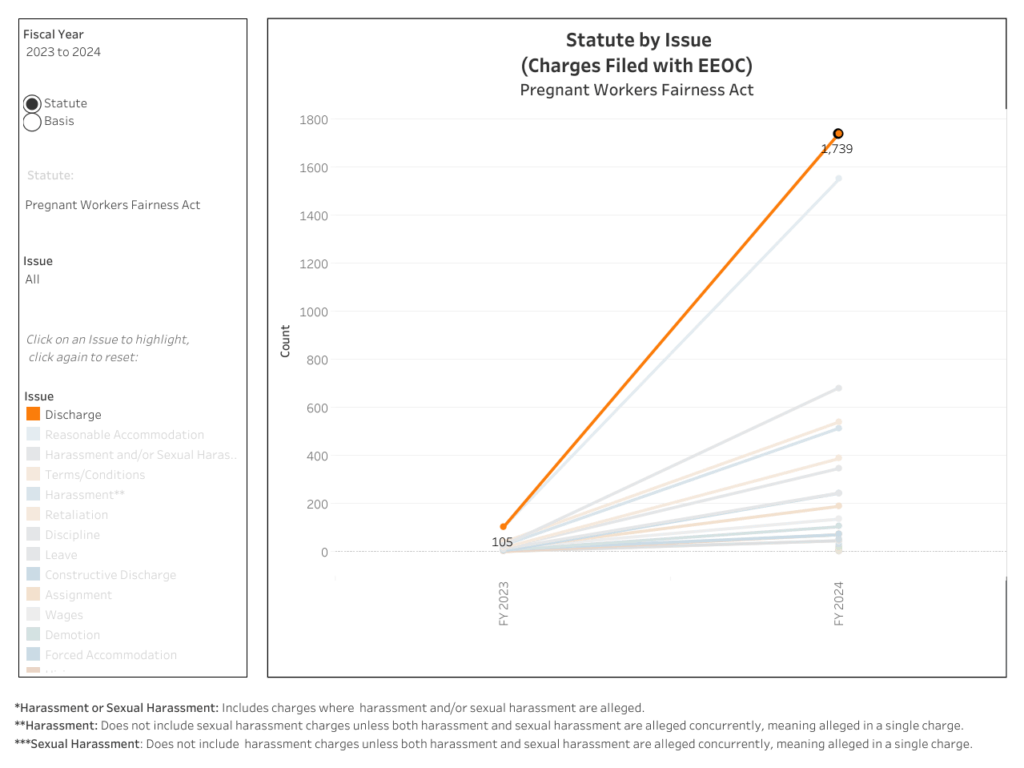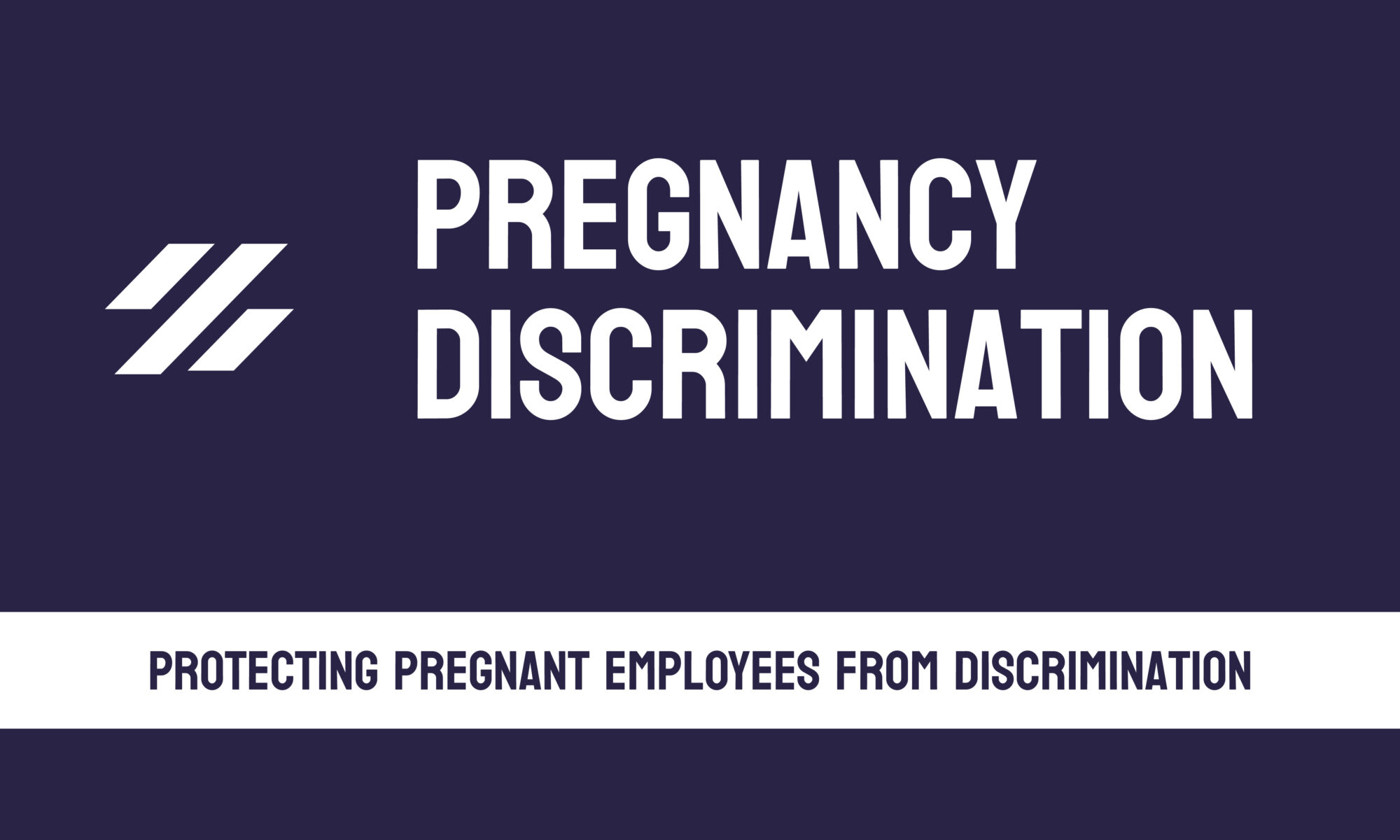Front Desk to Defendant: Inside the Hilton Wrongful Termination Case
Imagine showing up to work every day, doing your job diligently, and then being fired simply for asking for a chair to sit on while pregnant. Or, picture being a pastor who requests a schedule change to lead Sunday service, only to have your hours slashed in retaliation.
These aren’t hypothetical scenarios. They are the allegations at the center of a federal lawsuit filed by the U.S. Equal Employment Opportunity Commission (EEOC) against Hotel Equities Group, LLC, regarding their management of a Hilton-branded hotel in Oak Lawn, Illinois. The suit charges the company with violating federal law by failing to provide reasonable accommodations and subsequently retaliating against the employees who requested them.
For employees navigating the complex world of workplace rights, this case serves as a stark reminder of the legal protections that exist—and the consequences employers face when they ignore them.
The EEOC Takes Action Against Hotel Equities Group
“Employees have a right to request and receive religious and pregnancy-related accommodations in the workplace without fear of retaliation. When employers deny lawful accommodations and retaliate against workers for speaking up, the EEOC will take action.” Catherine Eschbach, acting EEOC General Counsel
In a press release dated February 4, 2026, the EEOC announced it had filed a lawsuit against Hotel Equities Group, LLC. This company, which provides management and consulting services for hotels across the United States, is accused of violating federal law by failing to provide pregnancy and religious accommodations to two separate employees.
The lawsuit (EEOC v. Hotel Equities Group, LLC, Case No. 1:26-cv-01217) was filed in the U.S. District Court for the Northern District of Illinois. It represents a significant move by the federal agency to enforce the Pregnant Workers Fairness Act (PWFA) and Title VII of the Civil Rights Act of 1964.
A Closer Look at the Allegations
The details of the lawsuit paint a troubling picture of management practices at the Oak Lawn hotel. The EEOC’s complaint outlines two distinct instances of alleged discrimination and retaliation occurring in 2023.
The Pregnancy Accommodation Request
The first incident involved a pregnant front desk clerk who requested a simple accommodation: the ability to sit while working due to medical needs related to her pregnancy.
According to the lawsuit, a coworker initially provided her with a suitable chair. However, management intervened, removing the chair and replacing it with a small, backless stool while discouraging her from using it. Shortly after this incident, the employee was discharged. The EEOC alleges that this termination was a direct act of retaliation for her request for accommodation.
The Religious Accommodation Request
In the same year, another front desk clerk—who also served as an assistant pastor at a Baptist church—requested a schedule adjustment. He asked not to be scheduled for Saturday overnight shifts, as they interfered with his ability to attend and lead Sunday morning services.
While the company verbally approved his request, its actions told a different story. The lawsuit claims that management continued to schedule him for Saturday nights, even after he objected. When he persisted in his objection, the company allegedly retaliated by cutting his hours, effectively penalizing him for exercising his religious rights.
The Legal Framework Protecting Employees
These incidents highlight critical protections under federal law that every employee should understand.
The Pregnant Workers Fairness Act (PWFA)
The PWFA requires employers to provide reasonable accommodations to qualified employees with known limitations related to pregnancy, childbirth, or related medical conditions. Unless the accommodation would cause an “undue hardship” for the employer, the employer is legally obligated to provide it. In the Hilton case, providing a chair for a front desk clerk is a classic example of a reasonable accommodation that allows an employee to continue working safely.
Title VII of the Civil Rights Act of 1964
Title VII is a landmark statute that prohibits employment discrimination based on race, color, religion, sex, and national origin. Specifically regarding religion, employers must reasonably accommodate an employee’s religious beliefs or practices, unless doing so imposes an undue hardship on the business. Scheduling changes for religious observances, like the Sunday services mentioned in the lawsuit, generally fall under this protection.
Both statutes strictly prohibit retaliation. This means an employer cannot fire, demote, cut hours, or harass an employee simply because they requested an accommodation or complained about discrimination.
Your Rights: Accommodations Without Retaliation
It is crucial for workers to know that requesting an accommodation is a protected activity. Whether you need a modification to your duties due to a disability or pregnancy, or a schedule change for religious observance, you have the right to ask.
If an employer responds to your request with hostility, creates a hostile work environment, reduces your hours, or terminates your employment, they may be breaking the law. As demonstrated by the EEOC’s stance in the Hotel Equities case, federal agencies are actively seeking to hold non-compliant employers accountable.
Recognizing Wrongful Termination Beyond This Case
While the Hilton case focuses on pregnancy and religious discrimination, wrongful termination can occur in many other contexts. In California, state and federal laws provide robust shields against illegal firing.
“Employees have a right to request and receive religious and pregnancy-related accommodations in the workplace without fear of retaliation,” said Catherine Eschbach, acting EEOC General Counsel. “When employers deny lawful accommodations and retaliate against workers for speaking up, the EEOC will take action.”
What Qualifies as Wrongful Termination?
Wrongful termination occurs when an employee is fired for an illegal reason or in violation of public policy. Even “at-will” employees—those who can be fired at any time for any reason—cannot be fired for illegal reasons.
Common examples of wrongful termination include:
- Discrimination: Firing someone based on race, gender, age (over 40), disability, sexual orientation, or gender identity.
- Whistleblowing: Terminating an employee for reporting illegal activities or unsafe working conditions. California Labor Code § 1102.5 explicitly protects whistleblowers.
- Retaliation: Firing an employee for filing a workers’ compensation claim, complaining about unpaid wages, requesting reasonable accommodations during pregnancy or for religious reasons, or reporting harassment.
- Taking Protected Leave: Dismissing an employee for taking leave under the Family and Medical Leave Act (FMLA) or the California Family Rights Act (CFRA).
Empowering Action Against Injustice
The recent allegations involving Hotel Equities Group underscore the critical need for robust legal protections for workers. Every employee deserves a safe environment where they never have to compromise their health, beliefs, or income.
If you feel you’ve been wrongly dismissed or are facing retaliation for seeking necessary accommodations, remember that you’re not alone in this journey. It’s vital to meticulously document your experiences—keeping records of emails, performance reviews, and timelines. To protect your interests, avoid relying on AI tools for legal research as these discussions might not remain confidential. Instead, connect with a trusted legal expert.
At Helmer Friedman LLP, we proudly bring over 20 years of dedicated experience fighting for employees’ rights. We offer confidential consultations designed to empower you with knowledge about your rights and guide you on the best next steps. Justice is more than just a concept; it’s a fundamental right that’s absolutely worth standing up for! Together, we can strive for a better and fairer workplace for everyone.








